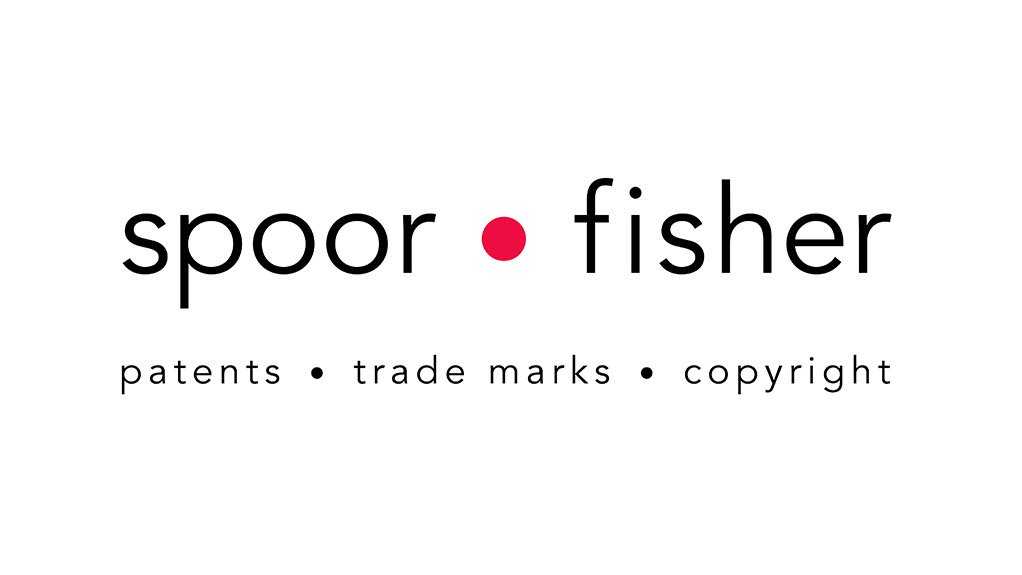As well as being the peak of global athletic competition, the Olympic Games might also be considered a festival of intellectual property (IP) protection. After all, there are robust IP rights threaded through the Olympics on every level, critical to safeguarding the integrity and commercial value of the Olympic brand.
Perhaps the most recognisable example is the "Olympic Rings", the Olympic symbol of five interconnected rings. This emblem constitutes an artistic work in terms of copyright and is also a trade mark, giving rise to a range of protection under IP law.
This article takes a closer look at IP law in South Africa and how we might use it to understand IP protections in the context of the 2021 Olympic Games.
Overview
The International Olympic Committee (IOC), a long-established organisation, has developed a clear policy for the protection of brands relating to the Olympic Games.
The Olympic Rings are even protected by their own treaty, the 1981 Nairobi Treaty on the Protection of the Olympic Symbol, which obliges signatories to "prohibit by appropriate measures" its use for commercial purposes – unless authorised to do so.
Trade Mark Registration
The protection of Olympic Games brands by their registration as trade marks would be at the forefront of any IP protection strategy.
For this year’s event, the specific marks pertaining to it are likely to have been registered in an extensive range of classes; particularly, those comprising goods and services applicable to merchandising, like clothing, ornaments, and sports goods.
Registration of these trademarks enables the IOC to prevent their use, or the use of confusingly similar marks, without its permission, and this is the key to a successful branding campaign.
In this context, the official 2021 logo is likely to be the principal event-specific mark and require the most comprehensive IP protection possible.
Registration of Designs
In addition to registration as a trade mark, the official 2021 logo and other logos are likely to have been registered as designs in several classes under the Designs Act.
These designs are mainly used for the ornamentation of goods, but in the case of ornaments and other three-dimensional articles, they could cover the shape and configuration of the articles.
The primary value of design registrations is that they can be obtained within a short time span – compared with trademarks, which take considerable time to be registered – and can provide useful interim protection pending the registration of trade marks.
Registration of designs would enable the IOC to prevent the use of designs that are not substantially different to them.
Merchandise Marks Act
South Africa’s Merchandise Marks Act, 1941, contains a provision in Section 15 that allows for the Minister of Trade and Industry to prohibit the use of certain marks.
The IOC could rely on this provision and make application for the prohibition of a wide range of Olympic Games marks. If the application were to find favour, the Minister would issue a notice prohibiting the use of the marks without the IOC’s consent.
In fact, on previous occasions, marks such as the Olympic Rings and designations of other sports events have been granted protection virtually unconditionally.
One of the virtues of this form of protection is that breaches of the protection constitute criminal offences. This means that the rights created can be enforced under criminal law, with all its measures available to counteract unlawful conduct.
Ambush Marketing
Ambush marketing occurs where a non-sponsor of a major event seeks to create the impression that it is a sponsor or seeks to benefit from the publicity attaching to the event. Both these forms of conduct are aimed at enjoying the advantages of being a sponsor without making any financial contribution to the funding of the event.
Section 15A of South Africa’s Merchandise Marks Act empowers South Africa’s Minister of Trade and Industry to declare a major sporting or other event to be a Protected Event. Such a declaration gives rise to various procedures to prevent ambush marketing, with violations of the provisions considered criminal offences.
Copyright in Artistic Works
The official logo of the 2021 Olympic Games, as well as its other device marks and other visual emblems, constitute “artistic works” for purposes of the Copyright Act.
Relying on copyright has the distinct advantage that this form of protection is available automatically and instantaneously and requires no form of registration.
Unauthorised reproduction or adaptation of any substantial part of these works can constitute copyright infringement – a useful form of protection when it comes to a major event. Copyright infringement can constitute a criminal offence, meaning the IOC would be able to take criminal enforcement measures as the copyright owner.
Counterfeit Goods
The Counterfeit Goods Act, 1997, provides effective criminal enforcement procedures and remedies in the case of goods which infringe registered trade marks (and well-known unregistered foreign trade marks), copyright, or rights existing in terms of a prohibition declared by the Minister of Trade and Industry in terms of Section 15 of South Africa’s Merchandise Marks Act.
This Act is particularly useful when it comes to seizing infringing goods in the marketplace and preventing trade in them.
In conclusion
The above is merely an overview of some of the IP protections worth considering. But it is clear that the commercialisation of the brands connected with the Olympic Games contribute substantially to its being successful in all respects, particularly from a financial point of view. This explains why the IOC has and maintains a strong armoury of IP weapons, to protect and capitalise commercially on its branding.
Written by Dr Owen Dean, Consultant, Spoor & Fisher South Africa
EMAIL THIS ARTICLE SAVE THIS ARTICLE ARTICLE ENQUIRY
To subscribe email subscriptions@creamermedia.co.za or click here
To advertise email advertising@creamermedia.co.za or click here











